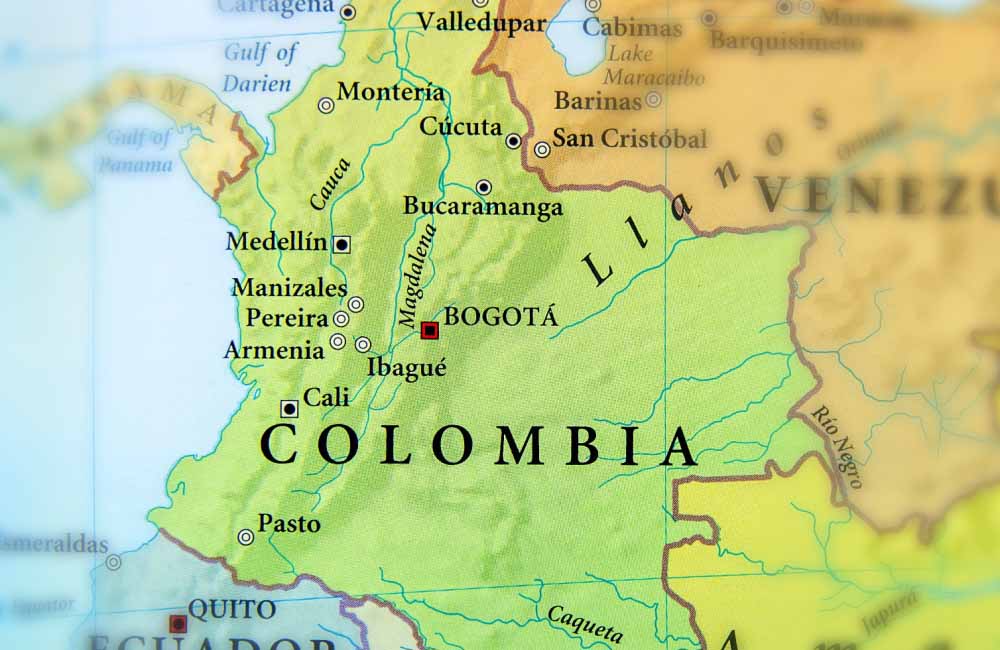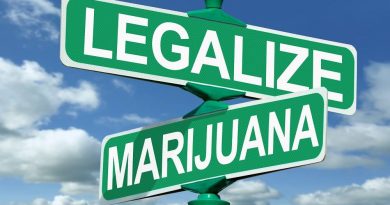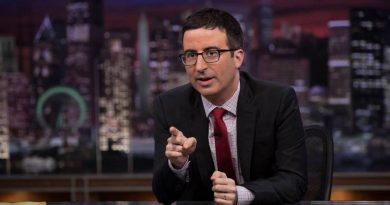Marijuana Legalization in Colombia Stalls Again
Marijuana legalization in Colombia took another setback at the end of 2023, with support in the national Senate not strong enough to move forward on a bill to make cannabis legal for adult use. The decision came after the senate rejected a bill to legalize cannabis earlier in the year.
The Senate’s actions represent a major blow for marijuana legalization in Colombia. Advocates who see legalization as the best way to combat drug cartels and black market cannabis, must now restart a two-year process in 2024.
The bill stalled this time during the fourth of eight required debates. Colombia President Gustavo Petro took to X (formerly Twitter) after the vote, writing: “By overturning the cannabis legalization law, the only thing you do is increase the profits of drug trafficking and its violence,” according to a translation from various media outlets.
Senate Blocks Progression of Marijuana Legalization in Colombia
Although the cannabis legislation successfully moved through Colombia’s Chamber of Representatives and a Senate committee, the full Senate blocked its progression. Supporters attribute this setback to misinformation surrounding a separate decree issued by Petro, aiming to end broader drug criminalization.
Since the bill did not pass its fourth of eight required debates, lawmakers must restart the two-year legislative process in 2024 to potentially enact marijuana legalization as a constitutional amendment.
Petro is a vocal critic of the drug war and has expressed support for legalizing and regulating cannabis. Lawmakers advocating for legalization urged Senate consideration in recent days, warning of the consequences of inaction before the 2023 session concludes. Although they secured the debate, members ultimately voted to table it.
Legalization supporter Rep. Juan Carlos Losada attributed the opposition to “misinformation” related to the president’s unrelated executive decree fully legalizing simple drug possession – decriminalization, not legalization. Petro’s decree eliminates a $50 fine for possessing small amounts of drugs and removes the police’s authority to seize them, building on a broader decriminalization policy established under an earlier Constitutional Court ruling.
Marijuana Legalization in Colombia Faced a Similar Defeat Earlier This Year
Even if the marijuana measure had passed the Senate on Tuesday, it would have needed to navigate both chambers again next year for final approval by the president.
A previous version of the legalization measure nearly passed earlier this year but stalled in the Senate during the last session. This setback required supporters to initiate the lengthy legislative process once more.
During a public hearing in the Senate panel last year, Justice Minister Néstor Osuna asserted that Colombia has been the victim of “a failed war designed 50 years ago and, due to absurd prohibitionism, has brought us a lot of blood, armed conflict, mafias, and crime.” The CIA Factbook reports that Colombia continues to be a source of heroin and cannabis, as well as “the world’s top cocaine producer and exporter.”
According to the international edition of the El Pais, Petro said after a recent visit to the United States, where he said he could detect the odor of marijuana wafting through the streets of New York City, that it is an “enormous hypocrisy” that legal cannabis sales now take place in the nation that launched the global drug war decades ago.
Last year, Petro delivered a speech at a meeting of the United Nations, urging member nations to fundamentally change their approaches to drug policy and disband with prohibition, according to El Pais. But he also had hoped to change policy in his own country, something that suffered a big setback in December.




